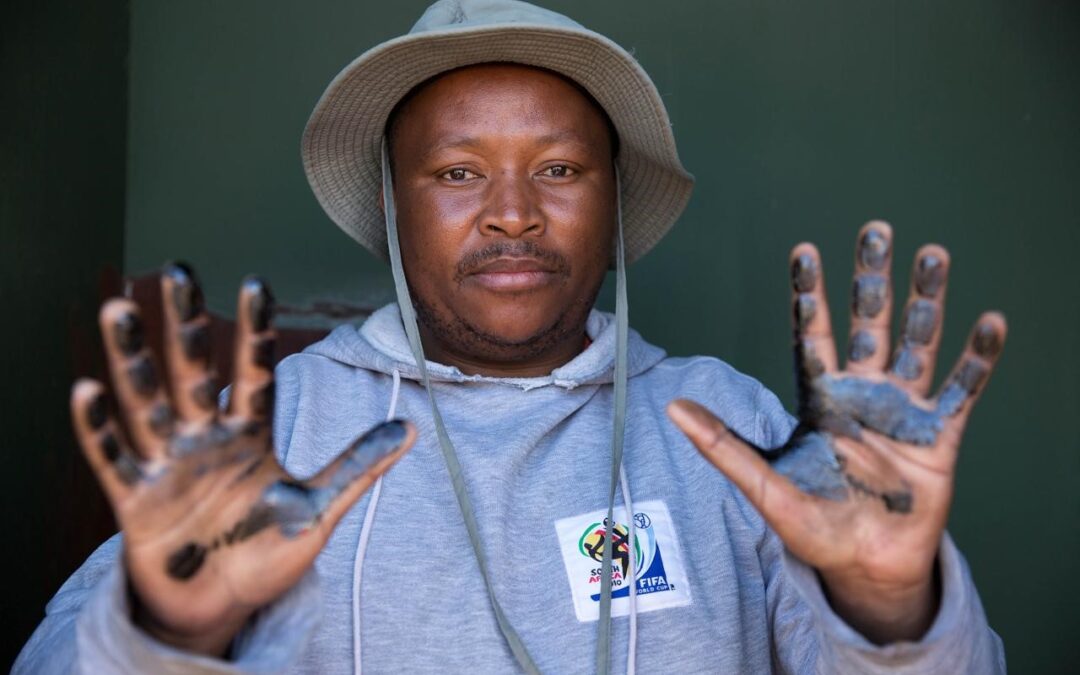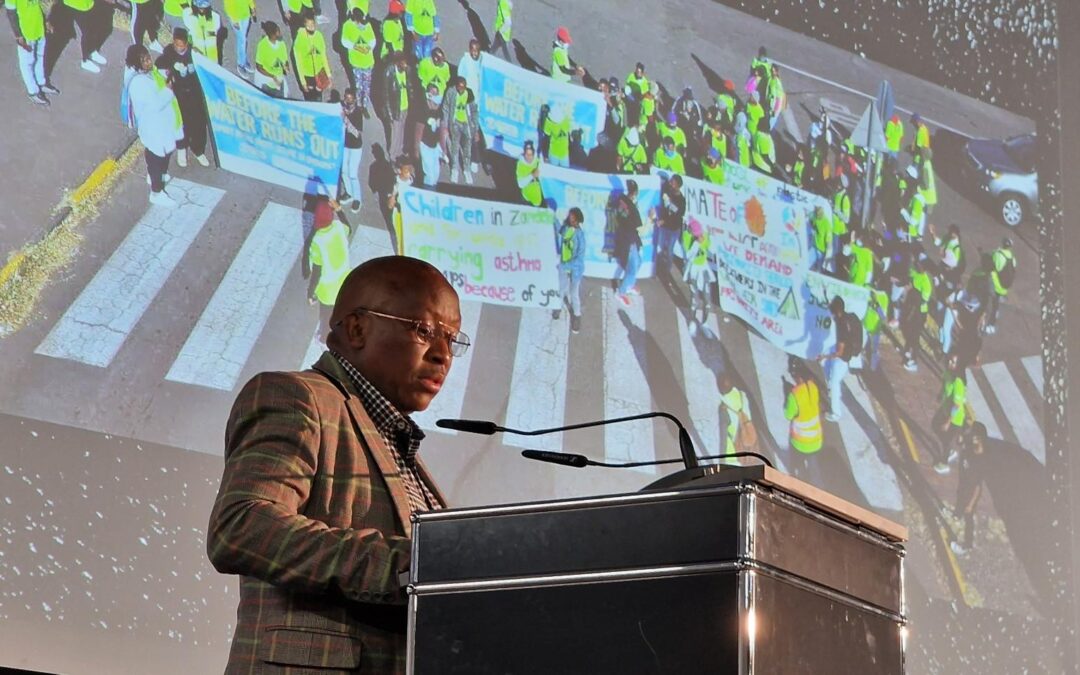
Niven Reddy
The COVID-19 crisis has affirmed the urgency to unify as a global community. At this moment in history, the world is realising how interconnected and reliant on one another we truly are. While this crisis has laid bare widespread systemic injustices in all facets of society, we now have the opportunity and a responsibility to align around a just recovery and invest in a better future for all.
I would like to outline a five-point plan to assist the poorest and most vulnerable people in our society most exposed to crises such as work and food security, access to health care, covid-19 and the impacts of climate change.
First, the prioritization of health for people and the planet. During the entire lockdown period, waste pickers have been saving our South African cities lots of money by doing free collection, segregation, and recycling yet we have not done enough to protect their health and livelihood during this time. We cannot afford to treat people as disposable second-class citizens, we need compassion for the planet and the people. We need to focus on a recovery that keeps the poor at the centre of our solutions, our environment and human rights cannot be compromised.
Second, there needs to be a shift and more investments put towards solutions, not bailouts. Deprioritize and divest from extractive industries and their boom and bust cycles. Instead of investing billions in bailing out failed state parastatals such as Eskom which threaten the financial stability of our country we should be investing in the future. Transition our workforce into sustainable economies while prioritising investments in community resiliency and not corporate interests.
Third, the replacement of single-use with sustainable systems. Single-use must be replaced with sustainable product delivery systems. The externalized costs from extraction to disposal must be eliminated. There isn’t a country that has sustainably managed single-use plastic because they cannot be managed. They mostly cannot be recycled or composted leaving the only option of being incinerated, landfilled or exporting the problem to another country to deal with. The only way to solve the plastic crisis is to stop the production and use of single-use plastic and transition to refill and reuse systems. Corporations need to redesign their delivery systems to become more sustainable. We need systems that work for the people, not against them.
Fourth, all of this must be complemented with an aggressive demand for corporate and government accountability. Corporate responsibility and accountability must be consistent in all jurisdictions where companies do business. Government policies must ensure countries manage their own waste. Policy must be informed by credible, third-party science.
There is a deep need to address the double standards that some global multinational companies play, materials with no way of being recycled should not be produced in the first place but they continue to flood our environment in the developing world. The worst part in all of this is that these companies then imply that we should invest in technology such as incineration and chemical recycling to deal with the problem. Technologies that cost a huge amount of money to deal with a problem that should not be created in the first place. Voluntary pledges from these companies will only address, we need our government to step up and put in place stronger policies that aim to completely phase out non-recyclable, single-use plastic.
Lastly, spaces must be created for meaningful engagements with impacted communities. There is a great need to support community efforts to hold dirty industry accountable for health and environmental impacts and ensure that our regulators measure and monitor emissions and health impacts and take decisive action to redress these impacts.
We find ourselves at a critical crossroads in our human history: we can continue perpetuating an unequal system that has brought upon us multiple humanitarian crises , or we can take the opportunity to redress these social and environmental injustices, to take care of our most vulnerable brothers and sisters and make decisions that address the root causes of our global problems.
The future is not disposable and neither are we!
Niven Reddy is a Campaign Researcher at groundWork, Friends of the Earth SA.
This opinion piece also appeared as an article in The Mercury, Cape Times, and Pretoria News. You can access the original press clippings here.



